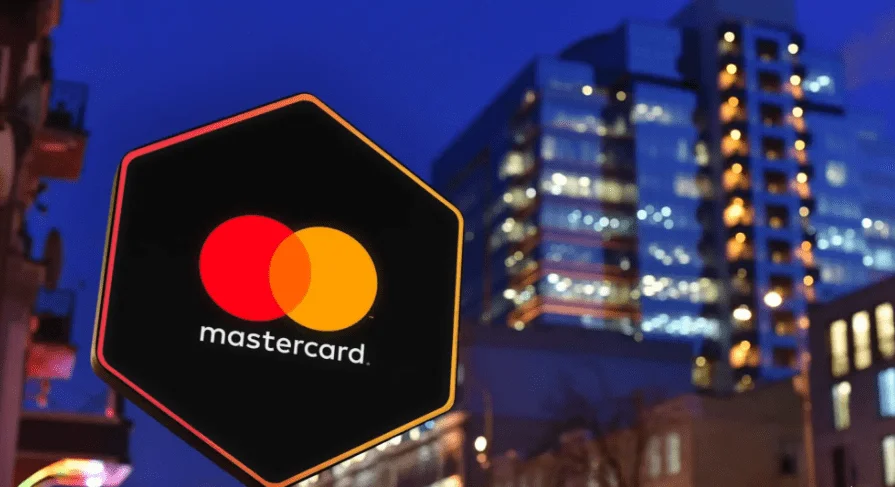Mastercard has launched a P2P pilot program for crypto credentials to streamline transactions and prevent consumer error.

Bit2Me, Lirium, Mercado, and FoxBit, all exchange partners of Mastercard, are participating in the exercise. Executive vice president of product and engineering for Latin America at Mastercard, Walter Pimenta, stated:
“As interest in blockchain and digital assets continues to surge in Latin America and around the world, it is essential to keep delivering trusted and verifiable interactions across public blockchain networks.”
Mastercard verifies the human-readable ‘aliases’ assigned to individuals by the credit giant’s crypto credentials system; as a result, users are no longer required to transmit and verify the lengthy sequence of letters and numbers that comprise traditional wallet addresses.
Furthermore, to prevent financial loss, the crypto credentials program pre-screens transactions to ensure users do not transmit incompatible crypto assets to the recipient’s address.
Prolonged technical difficulties and potential intimidation for novice or untrained users have been associated with the intricate user interfaces of cryptocurrencies and other digital assets.
Users who are acclimated to using online banking applications such as Venmo and PayPal will remain well away from cryptocurrency due to the technical jargon, complex addresses, and the risk of permanent financial loss from sending assets to the incorrect chain.
Miles Deutscher, a crypto analyst and influencer, identified the issue in 2022 and asserted that it impeded widespread adoption.

Centralization Concerns
Notwithstanding Mastercard’s endeavor to optimize the cryptocurrency transaction procedure, apprehensions about centralization endure.
The credit company’s crypto credentials program is not a decentralized initiative; instead, it utilizes Mastercard as an intermediary to screen transactions for issues that could result in the loss of funds and verify the user’s identity.
Additional concerns for security-conscious individuals include the storage of sensitive data and the need for Know Your Customer verification with Mastercard.
Mastercard has encountered prominent data breaches from malevolent assaults launched against its retail clients and payment processing partners.
Regarding Mastercard’s extensive network of payment processors, retail clients, and information technology partners, hackers and malicious actors have gained access to over 40 million Mastercard accounts since 2005 via centralized points of failure.
